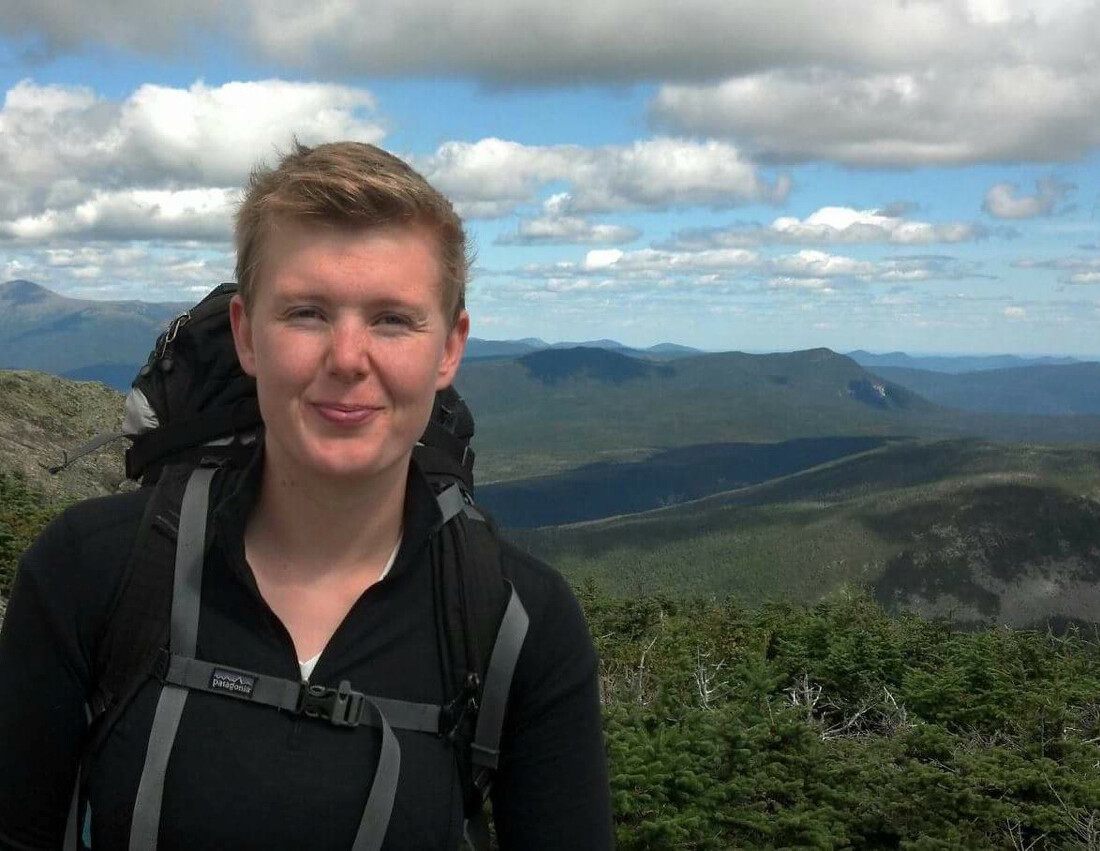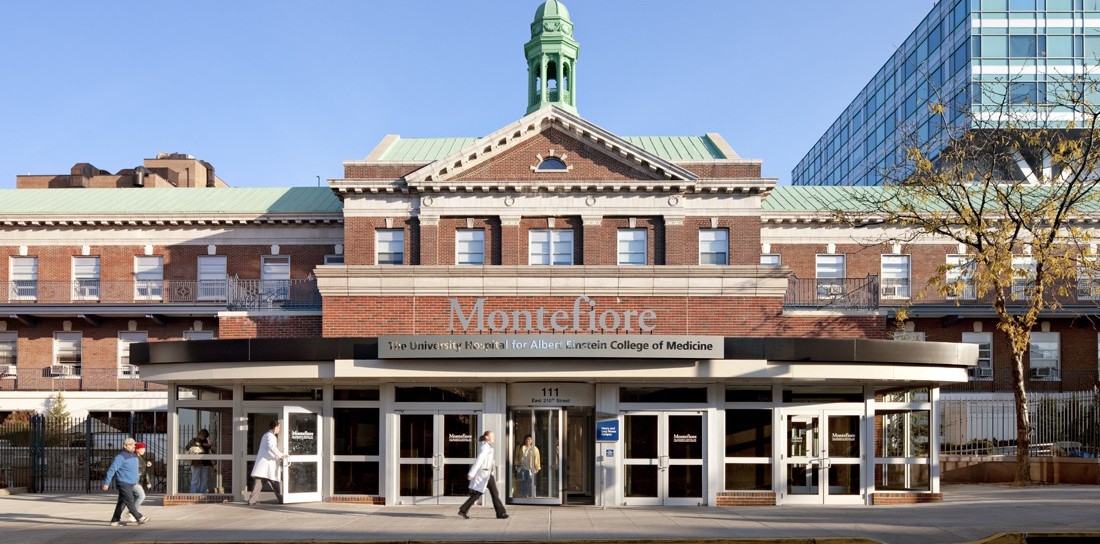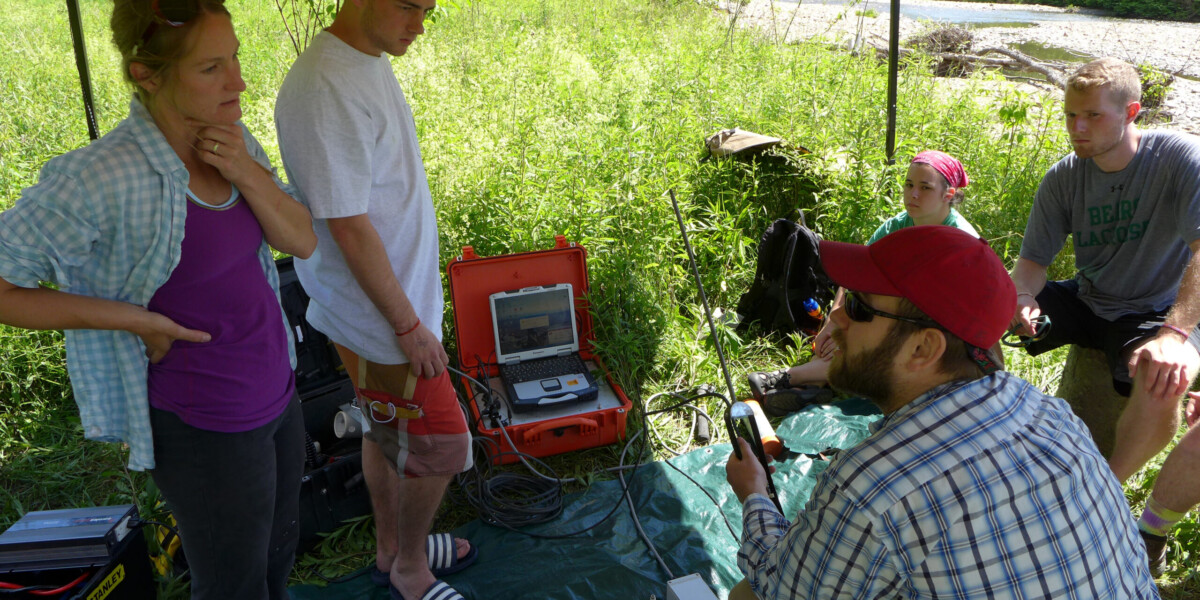Burlington’s progressive values are what first attracted Danielle Fleury to UVM. It wasn’t long after she arrived on campus that she became personally interested in local food systems. While taking an environmental studies course at UVM, she first learned about food as an environmental issue. Later on, while studying abroad in France her junior year, she lived in a culture that accepted eating locally and regionally as the norm. Those two experiences resonated and continue to influence the work she does today.
![]() The UVM alumna, who graduated from UVM in 2005 with a degree in political science, is now the northeast regional farm to school lead at USDA in Boston. We talked to Danielle about her work in nutrition and food policy, the impact of farm to school programs, and how UVM prepared her for success.
The UVM alumna, who graduated from UVM in 2005 with a degree in political science, is now the northeast regional farm to school lead at USDA in Boston. We talked to Danielle about her work in nutrition and food policy, the impact of farm to school programs, and how UVM prepared her for success.
What led to your interest in nutrition and food policy?
I worked on education policy after graduate school at the Massachusetts State Legislature, and I kept trying to find the root of the problems that many of our social programs are designed to address. On that path, I had worked my way to early literacy issues, but found that even then, without sound nutrition and access to healthy food, an intervention in the lives of young learners could not serve its full intended purpose. Our education and health outcomes as a nation are inextricably linked to our nutrition and food policy, and so I felt that working on those issues would make a significant impact.
How did you land your first federal job at the USDA Food and Nutrition Service?
I first joined the USDA in 2012 as a program specialist for community nutrition programs and became the regional farm to school lead in 2014. Prior to working at the USDA, I had never held a federal position. In order to open up my job search to federal government positions, I created a profile online at USA Jobs. I selected the locations in which I would be willing to work, and the agencies whose missions closely aligned with my interests. USA Jobs sends job seekers available positions when they’re open, and when I found one that required some of the experience I had in one of my desired topic areas, I applied. My master’s degree and experience working directly on related programs in state legislature proved extremely valuable in qualifying for the position.
What kind of impact have you seen nationwide with farm to school programs?
Farm to school initiatives have advanced at an incredible pace over the past decade plus. The movement has grown from a few model programs in early adopting states 15 years ago, to programs in all 50 states today. Our national census results indicate that more than 5,000 school districts nationwide participate in farm to school activities at some level. Over the past few years, the focus has grown beyond K-12 school meal programs to include preschool/early education and care, and summer. Children ages 0-5 are in daycare homes and centers that, like K-12 schools, can receive federal reimbursement to provide meals and snacks, and it makes sense to implement these strategies at the earliest stages of a child’s development when eating habits are being formed.
What are some of the challenges you face with farm to school?
There are certainly challenges, because implementing a farm to school program requires a systems change—a change in the sourcing practices of a school district, a change in the way food is prepared and presented in cafeterias and classrooms, a change in the way producers are marketing and distributing their products, and more. There are often supply chain challenges, as school districts may need food at a certain or uniform standard, packed a certain way, distributed to a central or several locations. The growing season in a particular area may not align well with the schoolyear. Each region has its own set of unique challenges but these are some common issues that programs across the country face.
What career advice would you give to someone looking to work in nutrition policy or food systems?
I would say be open to a lot of different experiences; they can all build your skill set in different ways and there’s not necessarily a recipe for securing the perfect public sector position in your desired issue area. Those working on food policy in government come from all different sectors, and that brings unique perspectives. Many had actually worked on different specialty topics in the past but have transitioned to food and nutrition; there are many interrelated areas in social programs and so experience in environmental, public health, educational programs are all valuable.
While I was a political science and public policy student, the most critical moments that sparked my interest in the work I do today occurred through environmental studies and French coursework. Cast a wide net and capture all of those valuable lessons learned as they may make unforeseen connections for you later down the road.
What did you enjoy most about your time at UVM?
A huge part of my decision to attend UVM was its location in a progressive community that I felt so aligned with, and one that was making significant strides in addressing many of the social issues I cared about. It also felt like there were endless opportunities to find and plug into your own communities on campus. I played a sport, and enjoyed staying active every day, traveling for competitive matches, being part of a close knit team, and found that experience to have a really positive impact on my academic life as well.
Learn more about UVM’s Food, Environment, and Sustainability Programs.




